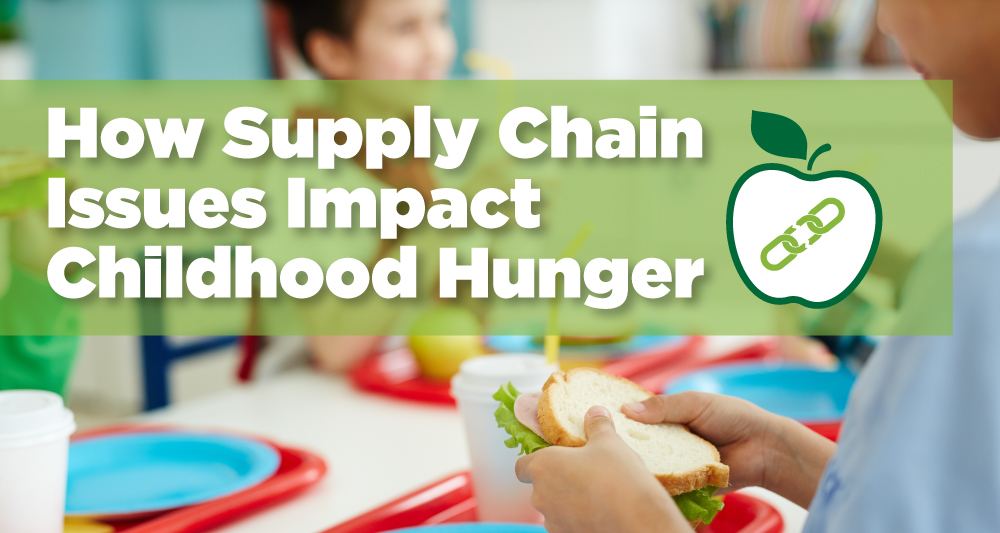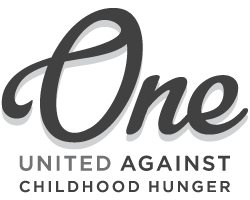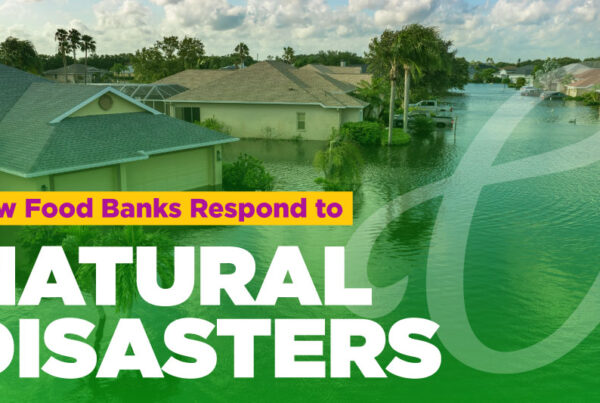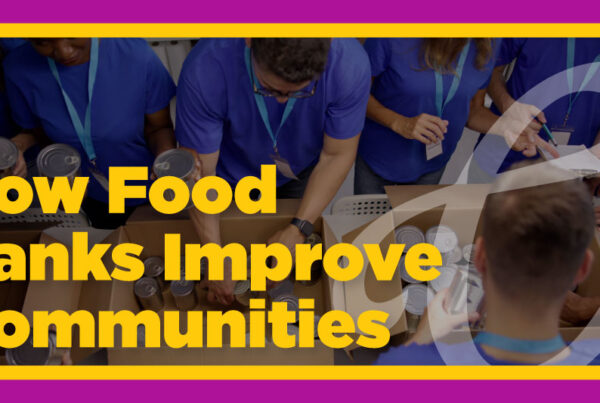
When you think about supply chain issues, you probably think about items like laptops, gaming consoles, or other items that are difficult to come by. Childhood hunger may not be the first thing that comes to mind. However, there are significant consequences for hunger when items are delayed or unavailable. Here are some primary ways the supply chain impacts childhood hunger and what you can do to help.
Supply Chain Issues Mean Inflation Goes Up
The supply chain and inflation go hand in hand. A lack of products can increase prices more than usual, making inflation worse. Prices are increasing, impacting everyone from parents to food banks and other charitable resources. Inflation makes it more challenging to get already scarce goods. It also makes the ones that are available too expensive to be viable for parents to purchase. This can increase food insecurity for children.
Supply Chain Issues Mean Food Banks Suffer
Food banks find it difficult to get donations and purchase food when supply chain shortages occur. Essential items that are more scarce become more expensive. This limits what a food bank can buy or causes them to spend much more than usual. Additionally, donations will likely be lessened or wholly reduced if items are not widely available. These factors impact the effectiveness of food banks in fighting childhood hunger and providing the service they were created for.
Supply Chain Issues Mean Grocery Stores Struggle
Food banks aren’t the only ones that struggle to stay stocked when there are supply chain issues. Grocery stores may not get supplied the same as usual in such situations and, as a result, cannot offer the same selection or prices they usually would. This can impact a family’s ability to buy the food they need or will change the types of food available for purchase. This can pressure parents to provide more for their children that they can’t afford. They may turn to community resources more significantly than usual. Or make less nutritious meals for their children using the ingredients they can find.
What You Can Do
Donating time, food, and money to food banks is a great way to help beat supply chain issues. Money can help a lot, while items are more expensive. If you can find items impacted by a supply chain issue donating those would be appreciated by families that cannot afford or find the item themselves.
You can also donate to programs like the One Initiative that seek to donate meals to hungry children. Children are the most vulnerable regarding the supply chain’s impact on hunger, and donating to the One Initiative can help keep them fed.
Donations can be made here: https://www.oneagainstchildhoodhunger.com/donate/





